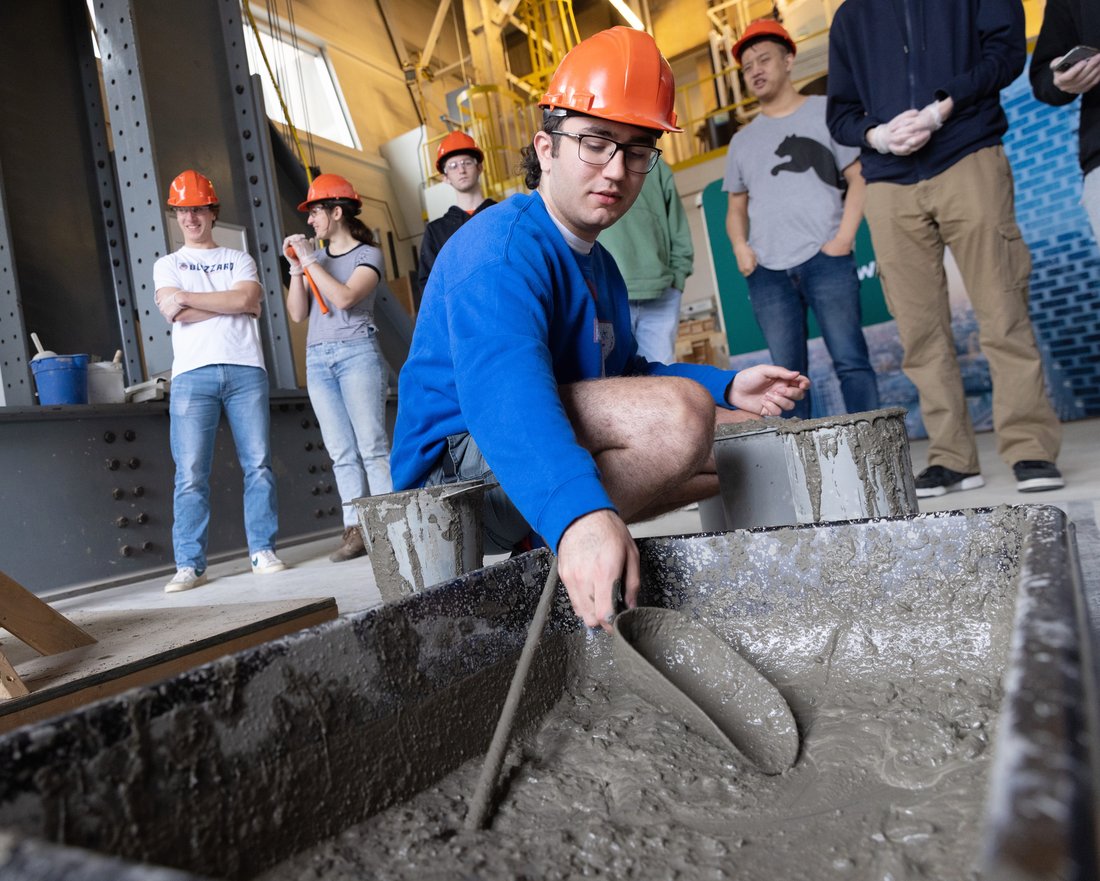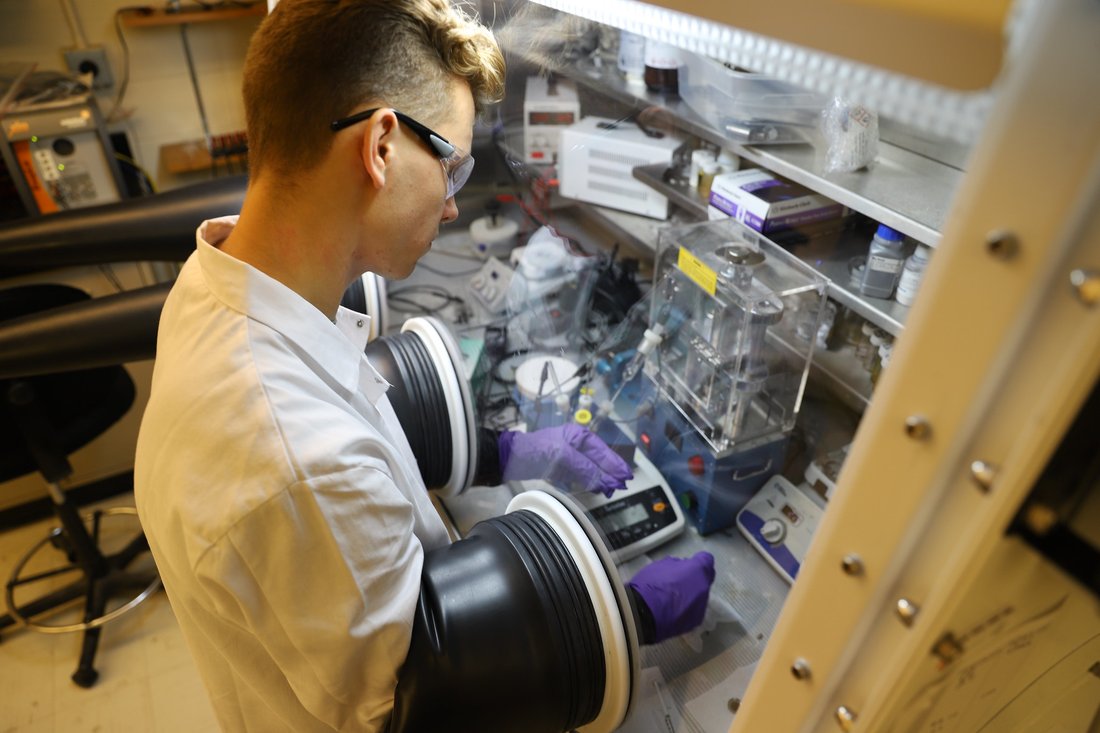
College of Engineering and Computer Science
Future engineers and computer scientists learn to create new knowledge and technologies through 9 undergraduate majors. Students have access to nationally regarded research centers, state-of-the-art lab spaces and challenging internships.
Curriculum
You’ll start with problem-solving and basic engineering science and design concepts, and the complexity of problems will increase as you advance through the program. You’ll complete a major design project before you graduate and master the fundamentals needed to become a practicing engineer or pursue further graduate studies in engineering science or other areas.
Learn more about this program

